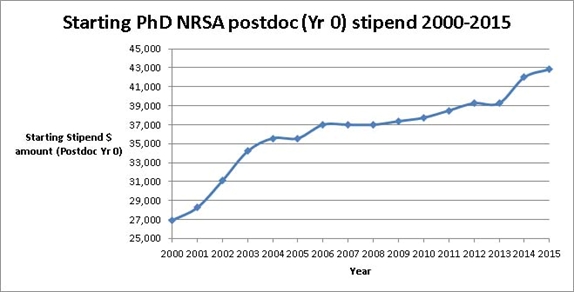
As this essay at MoviePilot.com puts it, having a Muslim crew member aboard is fulfilling Gene Roddenberry’s mission:
There are many people facing discrimination in the current fraught social climate, and positive representation in the media can go a long way to helping ease these tensions. There’s no denying that Islamophobia has risen in recent years. Without delving into a political discussion of the specifics, suffice it to say that introducing a Muslim character to Star Trek might be the most revolutionary thing that Discovery could do — and this would be the best way to parallel Chekov’s role in The Original Series.
… including a Muslim character in Discovery would go a long way to fulfilling Roddenberry’s aim of easing social tensions between different human cultures and peoples. Admittedly, to do so the Discovery writers would have to flout another one of Roddenberry’s beliefs, but there’s already ample evidence for religion existing within the Federation.
Personally, I would love to see a woman sporting a hijab on the bridge of the Discovery — and not just because it would be neat to see how the scarf is incorporated into the uniform. If the Discovery writers do want to combat Islamophobia with representation, the character in question must be a practicing Muslim, as this isn’t just a racial prejudice, but one against the religion and culture.
I have two reasons for why I dislike this idea. First, I don’t like the analogy of Islam being the modern era’s Soviet Union. I don’t like talking politics here so I won’t belabor this, it’s a topic for City of Brass. Second, I think that social engineering on this sort works better with ethnicity than religion. Pavel Chekov was not a Soviet Russian. He was simply Russian, ethnically, in a way that was unambiguously obvious (ie, his accent). Worf was as Klingon as you could get – an explicit racial presence, also obvious. For Roddenberry’s strategy of de-Otherizing to work in the context of Islam, a similarly obvious approach needs to be taken.
I think including an explicit Muslim would be jarring since tehre is no other “real world” religion represented in Star Trek, at least for the Human society. It was Roddenberry’s world and he chose to eliminate religion from it. Adding a character who is explicitly Muslim complicates canon and introduces tension that undermines Star Trek’s appeal to all of humanity. Then you also need canon explanations for the status of Jews, Christians, Hindus, etc. This mess is exactly why religion was introduced to DS9 using the alien Bajoran society rather than picking one from our own.
The solution is to recognize that Islamophobia is not an intellectual reaction to a religion’s precepts, but rooted in racial and ethnic fears. Having a stand-in on the crew for a “Muslim-y” ethnic type would be great because that way when someone sees a Muslim on the street, they should be able to counter their knee-jerk stereotype by relating that person to this crewmember. Therefore, the ethnic choice of the actor is relevant to maximize that stereotype-defeating analogy. Which ethnicity works best for this purpose?
Arabs seem an obvious choice, because of the long ethnic association with Islam, but are not as visually distinguishable as Muslim due to high in-group diversity. A better choice would be bearded, brown-skinned, and male, ideally played by a Indian or Pakistani actor. But not Faran Tahir, who looks so badass in real-life that he isn’t connectable as a Muslim stereotype. I think Muslim American women are on the receiving end of more Islamophobia than men are, but for a different reason, and one that isn’t as addressable by casting in this way.
Overall, a bearded brown dude on the bridge would be a great nod to Roddenberry’s Bridge tradition, and avoid needless complication of the Trek universe’s canon or real-world appeal.







